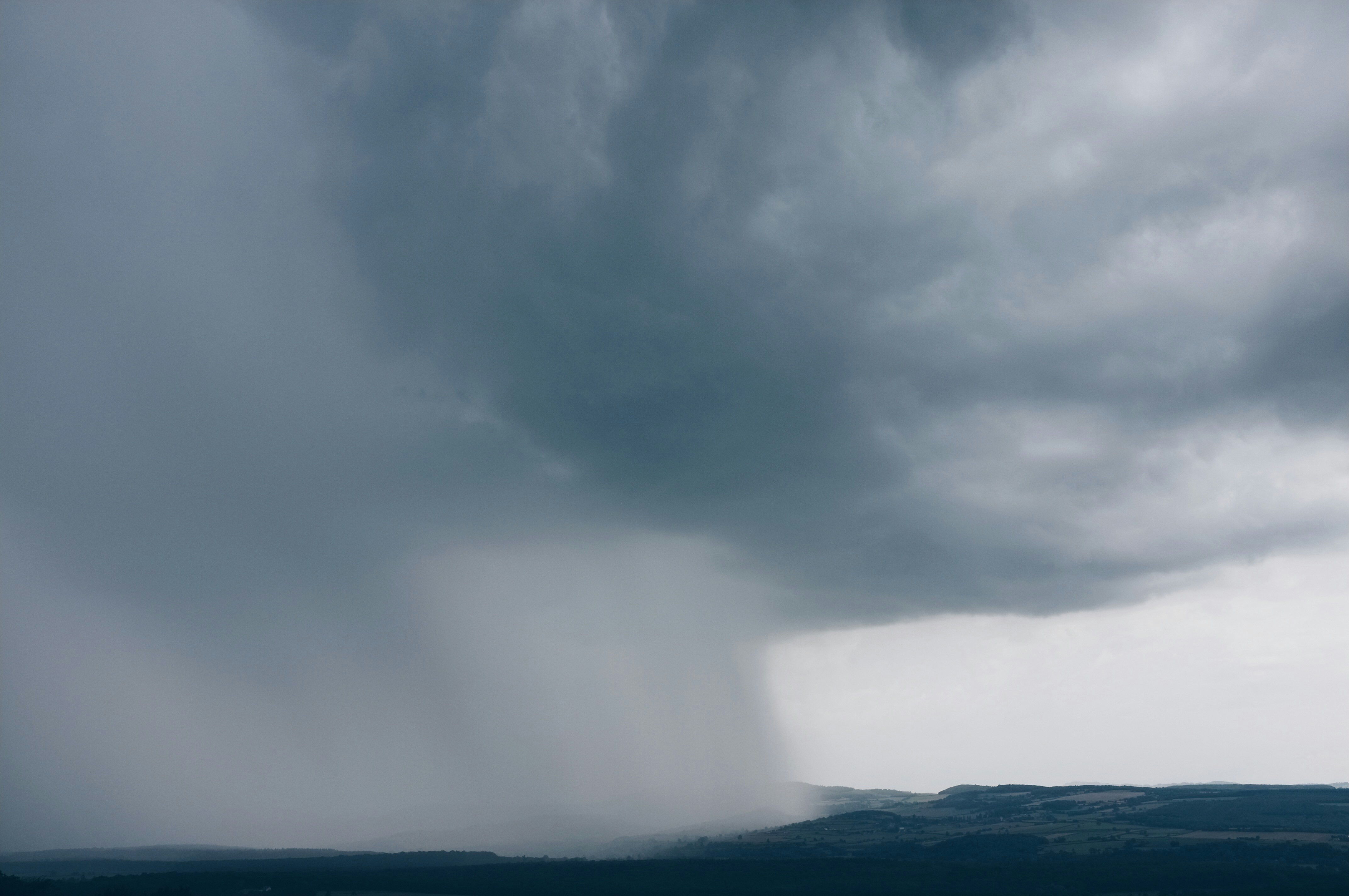Hurricanes are one of the most devastating natural disasters, causing significant damage to infrastructure, economies, and lives. Predicting hurricanes accurately has always been a challenging task, but advancements in Artificial Intelligence (AI) are bringing revolutionary changes to hurricane modeling. In this post, we will delve into how AI is enhancing predictive hurricane modeling and what it means for disaster preparedness and response.
The Role of AI in Hurricane Prediction
Artificial Intelligence utilizes machine learning algorithms to analyze vast amounts of data faster and more accurately than traditional methods. When it comes to hurricane prediction, AI can process historical weather data, real-time satellite images, and atmospheric patterns to forecast hurricanes with greater precision. This capability is critical in issuing timely warnings and organizing effective evacuation plans.
Improved Accuracy and Efficiency
Traditional hurricane prediction models have often struggled with accuracy. However, AI-driven models can adapt and learn from new data, refining their accuracy over time. For example, the National Oceanic and Atmospheric Administration (NOAA) has been integrating AI into their forecasting systems to improve the prediction of hurricane paths and intensities. By leveraging NOAA’s AI advancements, we can significantly enhance our readiness for impending hurricanes.
Case Studies in AI and Hurricane Prediction
There have been remarkable instances where AI-driven models have outperformed traditional methods. In 2019, researchers from IBM’s The Weather Company used an AI model called “Deep Thunder” to predict Hurricane Dorian’s path more accurately than some traditional methods. These case studies highlight the transformative potential of AI in enhancing hurricane forecasting.
Applications Beyond Prediction
Beyond just predicting the path and intensity, AI can also aid in assessing potential damage and strategizing response efforts. For example, AI can predict which areas are most likely to suffer significant damage, allowing for better resource allocation and efficient disaster management.
Enhancing Disaster Preparedness
Accurate predictions allow communities and businesses to better prepare for hurricanes. Companies can safeguard their data, secure facilities, and ensure business continuity. On a community level, knowing when and where a hurricane will strike can save lives by facilitating timely evacuations. Organizations like HelpNow can provide crucial training in disaster preparedness, leveraging the latest in AI-driven forecasts.
Challenges and Ethical Considerations
While AI offers significant benefits, it’s not without challenges. The complexity of weather patterns means there’s always some degree of uncertainty. Moreover, there are ethical considerations regarding data privacy and the potential for bias in AI algorithms. It’s crucial that these AI systems are developed and used responsibly, with transparent and ethical guidelines.
Collaborative Efforts for Better Results
Achieving the full potential of AI in hurricane prediction requires collaboration between various stakeholders, including government agencies, research institutions, and private organizations. By pooling resources and expertise, we can further refine AI models and enhance their predictive capabilities.
Conclusion
The integration of AI into predictive hurricane modeling is a significant advancement in our fight against natural disasters. By improving the accuracy and efficiency of predictions, AI not only helps in saving lives but also aids in mitigating economic losses. As we continue to explore and develop these technologies, organizations like HelpNow are at the forefront, ensuring communities are well-prepared and resilient against future hurricanes.
For more information on how you can contribute to disaster preparedness and response, consider joining HelpNow. Together, we can harness the power of technology to create safer and more resilient communities. Join us today.

